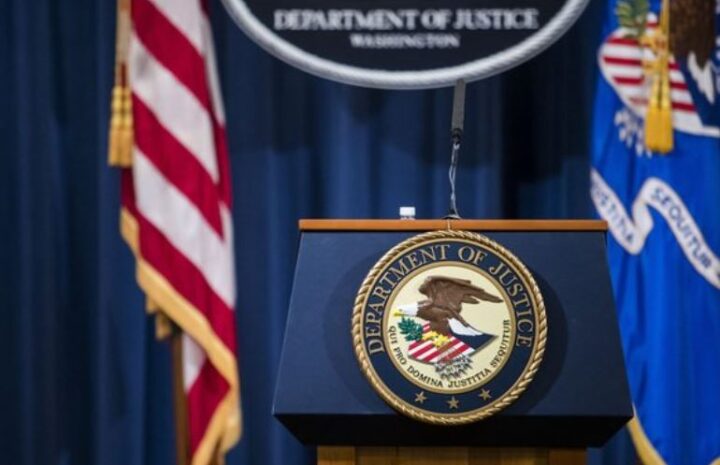Tochukwu Edeh, a Nigerian national, has been charged in a federal court in Boston, United States, for allegedly operating an unlicensed money transmitting business to launder the proceeds of online investment fraud schemes.
In a statement by the US department of justice, the 31-year-old was on Thursday, indicted on one count of money laundering conspiracy and one count of conspiracy to conduct unlicensed money transmitting business.
According to the statement, Edeh, who ran used-car dealerships and currency transfer services in Texas, Florida and Nigeria, was previously charged by the US criminal complaint and has been in custody since his arrest on September 2, 2021.
It said this included a trading company as well as a cryptocurrency and e-commerce firm, both of which were based in Nigeria, through which Edeh exchanged Bitcoin and other cryptocurrencies for profit.
Advertisement
The US government in the indictment, said around 2015, Edeh conspired with others to launder and transmit proceeds of Ponzi-style investment fraud schemes based in Nigeria.
“Specifically, the schemes purported to offer trading and Bitcoin investing services when, in fact, investor funds were allegedly stolen and later victims’ investments were used to pay purported returns to earlier investors,” the statement reads.
“Edeh allegedly laundered the fraud proceeds using a network of co-conspirators in the United States and using his personal and business accounts in the United States and Nigeria.
Advertisement
“Edeh, along with his alleged co-conspirators, did not hold money transmitting licenses in their respective states of residents, nor were they registered as money transmitters as required by federal law.”
The department of justice said if found guilty, Edeh could be convicted and sentenced to up to 20 years in prison.
“The charge of money laundering conspiracy provides for a sentence of 20 years in prison, three years of supervised release and a fine of $500,000 or twice the value of the laundered funds, whichever is greater,” the statement reads.
“The charge of conspiracy to conduct an unlicensed money transmitting business provides for a sentence of five years in prison, three years of supervised release and a fine of $250,000 or twice the gain or loss, whichever is greater.
Advertisement
“Sentences are imposed by a federal district court judge based on the U.S. Sentencing Guidelines and other statutory factors.”
Add a comment






